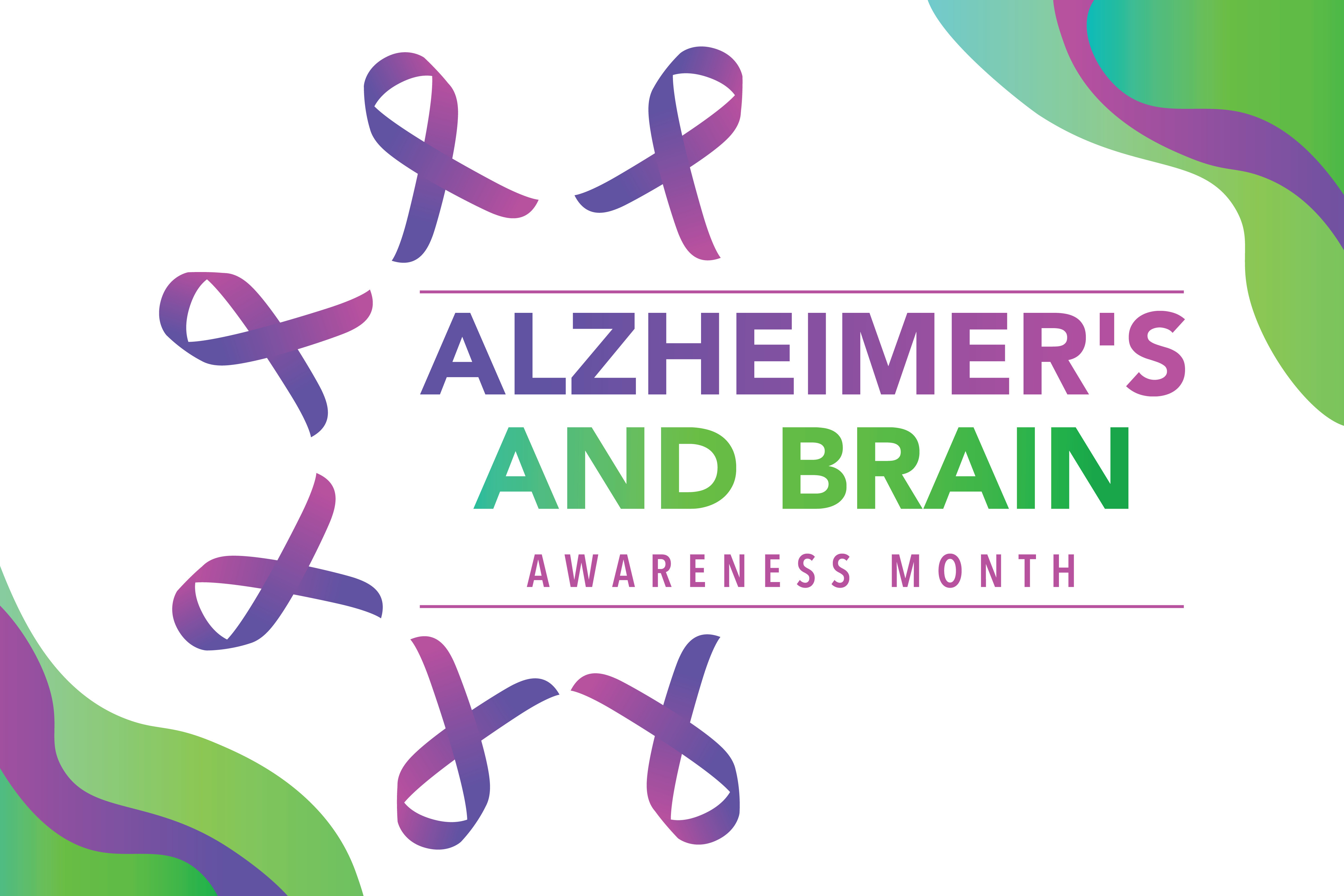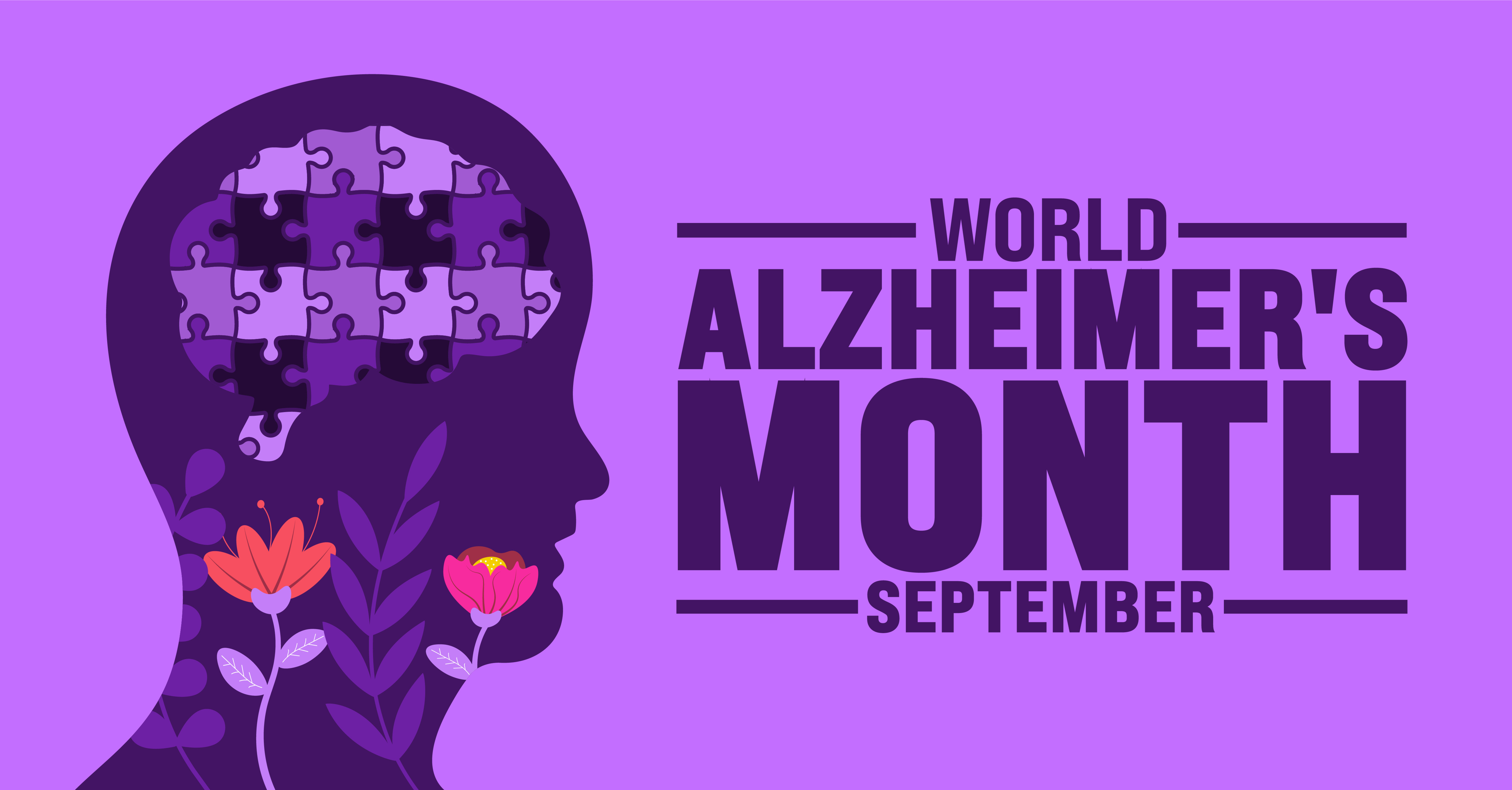Boosting Brain Health: Insights from Brain Awareness Month, Alzheimer's Association, and Blue Zones

June is Brain Awareness Month, spearheaded by the Alzheimer's Association, and it's a crucial time to focus on maintaining and improving brain health. Understanding how to keep our brains healthy can help reduce the risk of neurodegenerative diseases like Alzheimer's. Integrating knowledge from research, global health phenomena like the Blue Zones, and resources from the Alzheimer's Association can provide us with a holistic approach to brain wellness.
The Importance of Brain Health
Brain health is essential for overall well-being. Our brains control our thoughts, memories, movements, and the functioning of our entire body. As we age, it’s natural for cognitive abilities to decline, but the rate and extent can vary greatly. Alzheimer’s disease, a leading cause of dementia, affects millions worldwide and is a growing concern with an aging population.
Brain Awareness Month
Brain Awareness Month is an initiative by the Alzheimer's Association to raise awareness about brain health and Alzheimer's disease. It emphasizes the importance of early detection, research advancements, and proactive measures to maintain cognitive function. This month-long campaign highlights the need for better understanding and preventive strategies to combat brain-related ailments.
Resources from the Alzheimer's Association
The Alzheimer's Association provides numerous resources to help individuals improve their brain health and support those affected by Alzheimer’s:
-
Healthy Living for Your Brain and Body: Tips from the Latest Research: This program offers insights into lifestyle habits that promote brain health, including diet, exercise, cognitive activity, and social engagement.
-
Know the 10 Signs: Early Detection Matters: This resource helps people recognize early symptoms of Alzheimer’s, stressing the importance of early diagnosis and intervention.
-
Community Programs and Support Groups: The Alzheimer's Association offers support groups and community programs to help individuals and caregivers navigate the challenges of Alzheimer’s disease.
-
24/7 Helpline: The Association provides a helpline (800.272.3900) that offers information, support, and resources to individuals affected by Alzheimer’s and their caregivers.
Lessons from the Blue Zones
The Blue Zones are regions around the world where people live significantly longer and healthier lives. These areas include Okinawa in Japan, Sardinia in Italy, Nicoya in Costa Rica, Icaria in Greece, and Loma Linda in California. Research into these zones has revealed lifestyle factors that contribute to longevity and brain health. Let's explore some key habits from the Blue Zones that we can incorporate into our daily lives:
-
Healthy Diet: Blue Zones diets are rich in vegetables, fruits, whole grains, nuts, and legumes. These foods are packed with antioxidants and nutrients that support brain health. Inhabitants of Blue Zones consume fish and meat in moderation, opting for lean proteins and healthier fats.
-
Regular Physical Activity: People in Blue Zones engage in regular physical activity through daily routines, such as walking, gardening, and manual labor. Physical exercise increases blood flow to the brain, reducing the risk of cognitive decline.
-
Strong Social Connections: Strong social ties are a common trait in Blue Zones. Regular social interaction and strong community bonds contribute to mental well-being and reduced stress levels.
-
Stress Management: Residents of Blue Zones often incorporate practices such as meditation, prayer, and relaxation techniques into their daily lives. Managing stress is crucial for maintaining cognitive health.
-
Purposeful Living: Having a clear sense of purpose in life, often referred to as "ikigai" in Okinawa, can provide motivation and mental stimulation, which are beneficial for brain health.
Practical Tips for Brain Health
Combining insights from Brain Awareness Month, the Alzheimer's Association, and Blue Zones research, here are practical tips to boost your brain health:
-
Adopt a Brain-Healthy Diet: Include a variety of fruits, vegetables, nuts, and whole grains in your meals. Limit the intake of processed foods and refined sugars. Consider incorporating fish, rich in omega-3 fatty acids, into your diet.
-
Stay Physically Active: Engage in regular physical activities you enjoy, such as walking, swimming, or yoga. Aim for at least 150 minutes of moderate-intensity exercise per week.
-
Cultivate Social Connections: Spend time with family and friends. Join clubs or groups that interest you to expand your social network.
-
Manage Stress Effectively: Practice mindfulness, meditation, or yoga to reduce stress. Ensure you get adequate sleep, as poor sleep can negatively impact brain function.
-
Find Your Purpose: Reflect on what gives your life meaning and make time for those activities. Volunteer, pursue hobbies, or engage in lifelong learning to keep your brain active and engaged.
Brain health is a vital component of overall wellness. During Brain Awareness Month, take the opportunity to implement strategies from the Alzheimer's Association and the Blue Zones into your life. By adopting a healthy diet, staying physically active, maintaining strong social connections, managing stress, and finding a sense of purpose, you can significantly enhance your brain health and reduce the risk of cognitive decline. Prioritizing brain health today can lead to a healthier, happier future.
To learn about AGE-u-cate Training Institute's Dementia Training Programs that equip care partners and persons living with dementia, contact us today!

